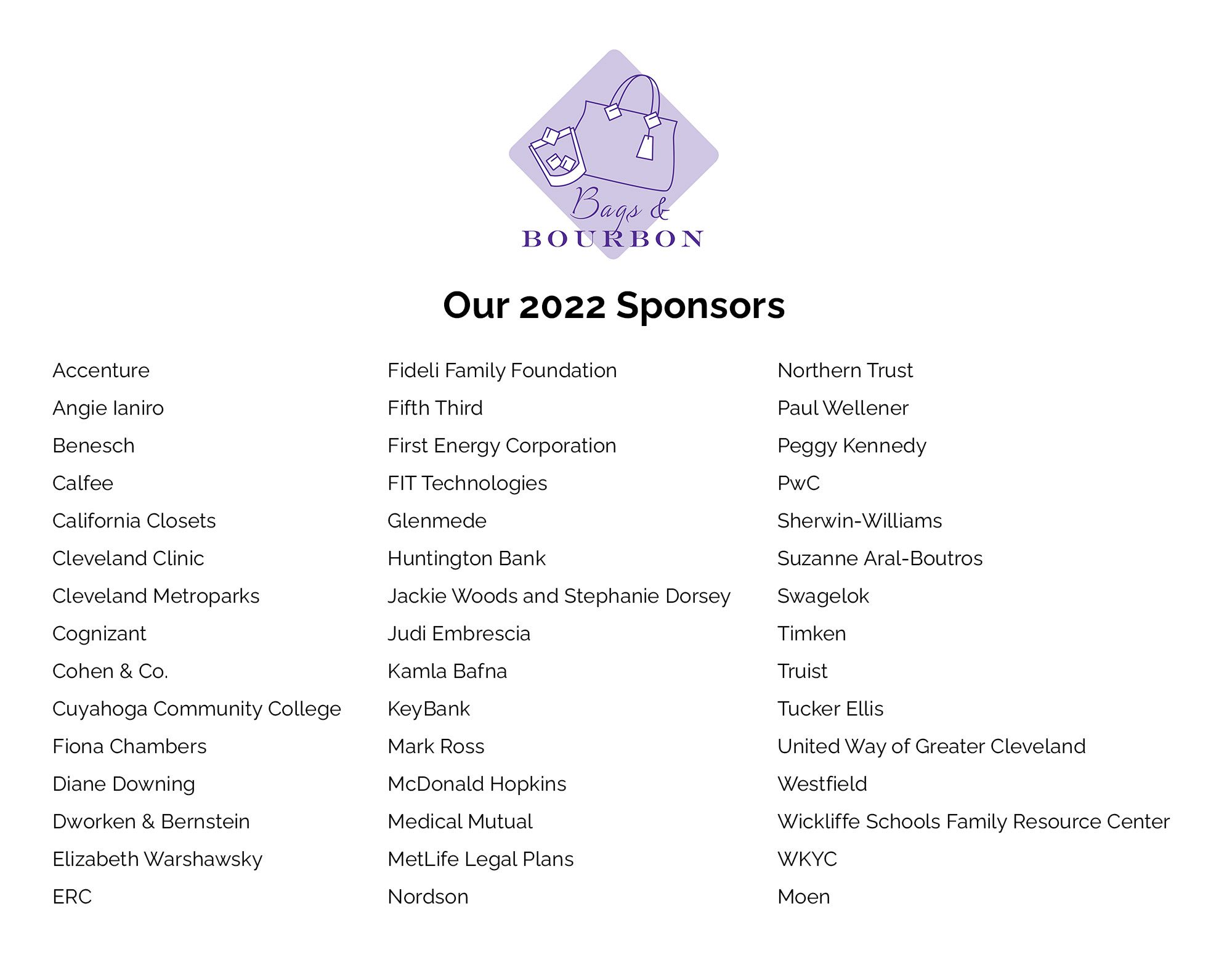Financial Aid Doesn’t End When You Finish School

1500 West 3rd Street
Suite 125
Cleveland, Ohio 44113
First floor of the Post Office Plaza building
216.241.5587
Monday-Friday 10a.m-5p.m and by appointment
Saturday by appointment
Virtual appointments available
Notifications